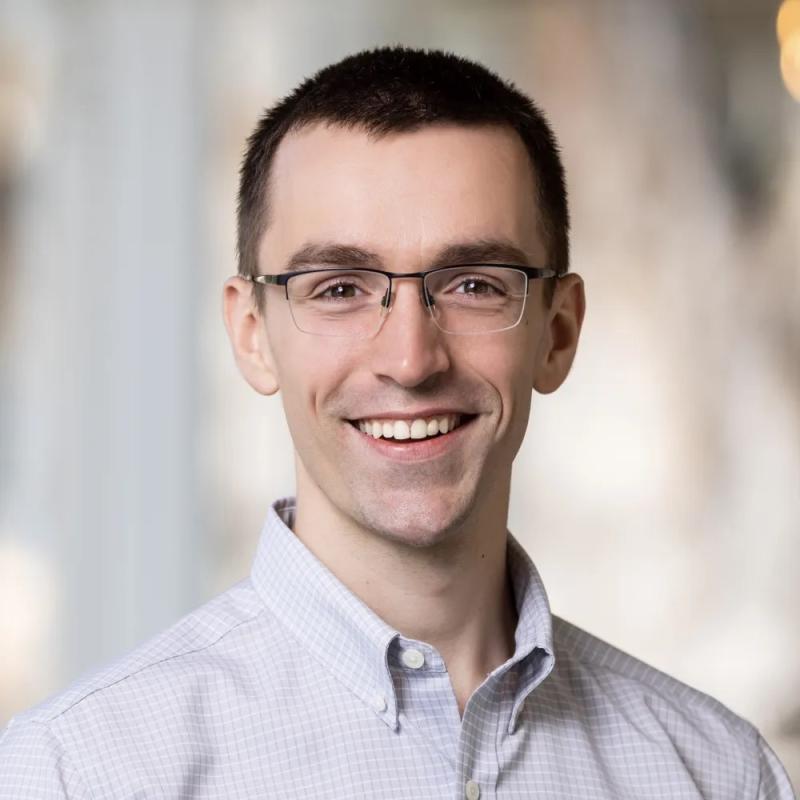Sep
10
2025
When: 6:00 PM - 7:30 PM
Where: Harman Academy for Polymathic Study, DML 241
Event Type: Polymathic Pizza
Where: Harman Academy for Polymathic Study, DML 241
Event Type: Polymathic Pizza
RSVP Required
RSVP By: Tue, 09/09/2025
Event Details
universe (noun) ˈjuː.nə.vɝːs: everything that exists
It surprises me how disinterested we are today about things like physics, space, the universe and philosophy of our existence, our purpose, our final destination. Be curious.” ~ Stephen Hawking
“The universe is everything. It includes all of space, and all the matter and energy that space contains. It even includes time itself and, of course, it includes you.” ~ NASA
The Heavens. Is it metaphor, metaphysical, material? For our opening event for the 2025/2026 season and the start of the 15th Year of the Harman Academy’s existence, we are setting our sights on the heavens ~ aka, the Universe ~ the universe in us and us in the universe.
We are part of the universe; if the universe is infinite, are we? Does the universe have boundaries? Is time real? Is it all material or is there more than the physical, the observable? If the universe does have an end (it did have a beginning with the Big Bang after all), does that imply a boundary? And what is beyond that boundary? Physicist Steven Hawkings postulated that “nothing exists outside the universe.” But if this is true, then nothing exists. Can something exist that doesn’t exist?
Galileo, the father of observable astronomy, wrote “mathematics is the language with which God has written the universe.” Does he mean numbers are infinite? If you ponder on it for a moment, you can always add 1. But logic says numbers have boundaries: 1 is 1, 2 is 2, and so forth. 1 begins and ends at 1. So then, numbers are both finite and infinite. And what precedes 1? Zero? Nothing? Again, nothing can exist.
Einstein said that once you can accept the universe as matter expanding into nothing that is something, wearing stripes with plaid comes easy. Funny guy.
To help us navigate these meta questions, we have invited an Astrophysicist, a Professor of Religion, and a Secular Chaplain to give us their takes on us in the universe and the universe in us. Ancient wisdom literature says that God has set eternity in the hearts of humankind, but [we] cannot fathom it. Well, let’s grab some pizza and give it a go.
Speaker Information
Speaker


